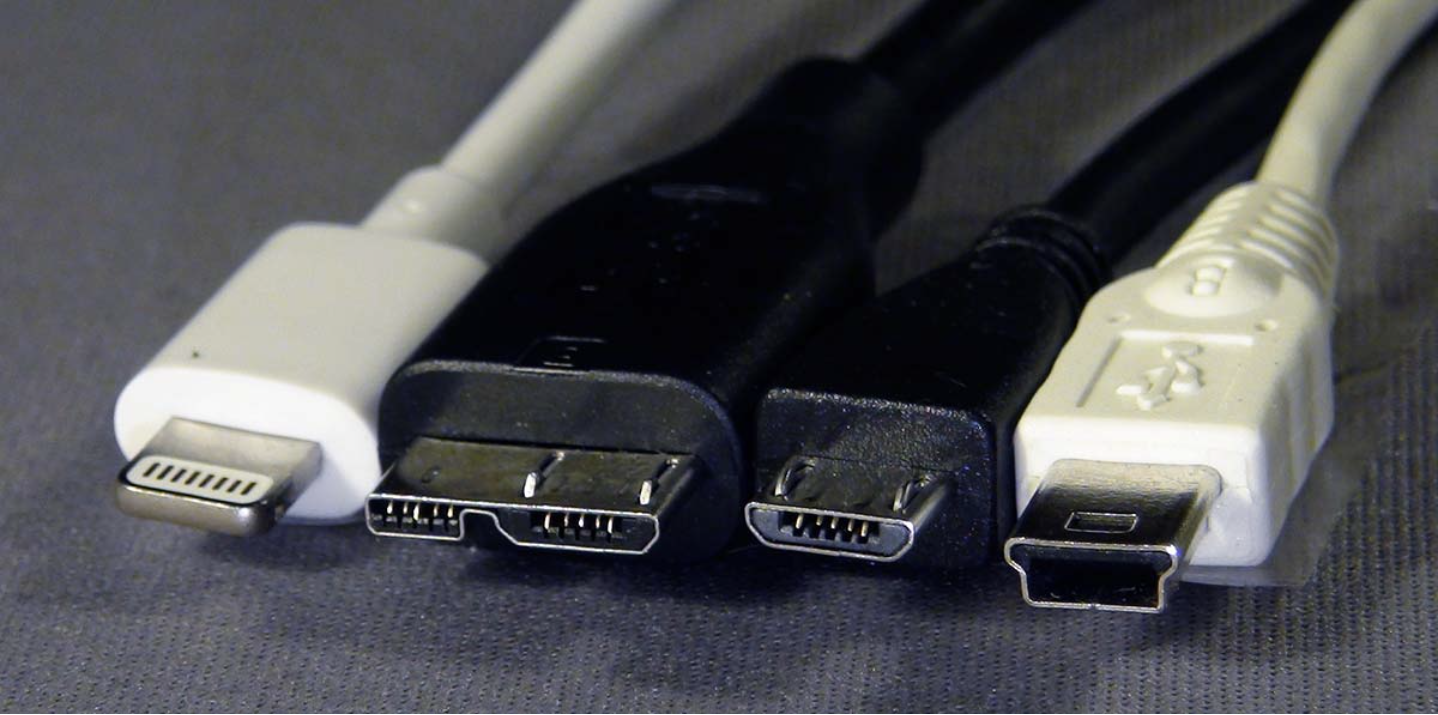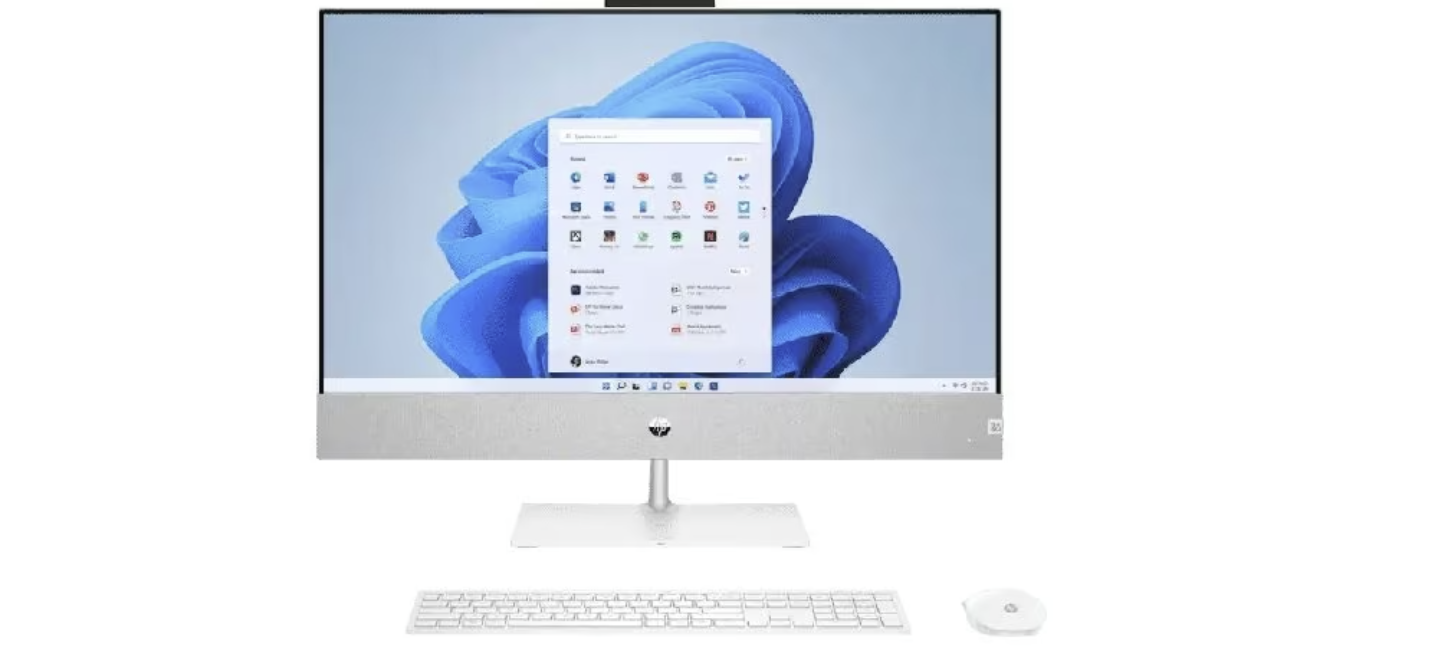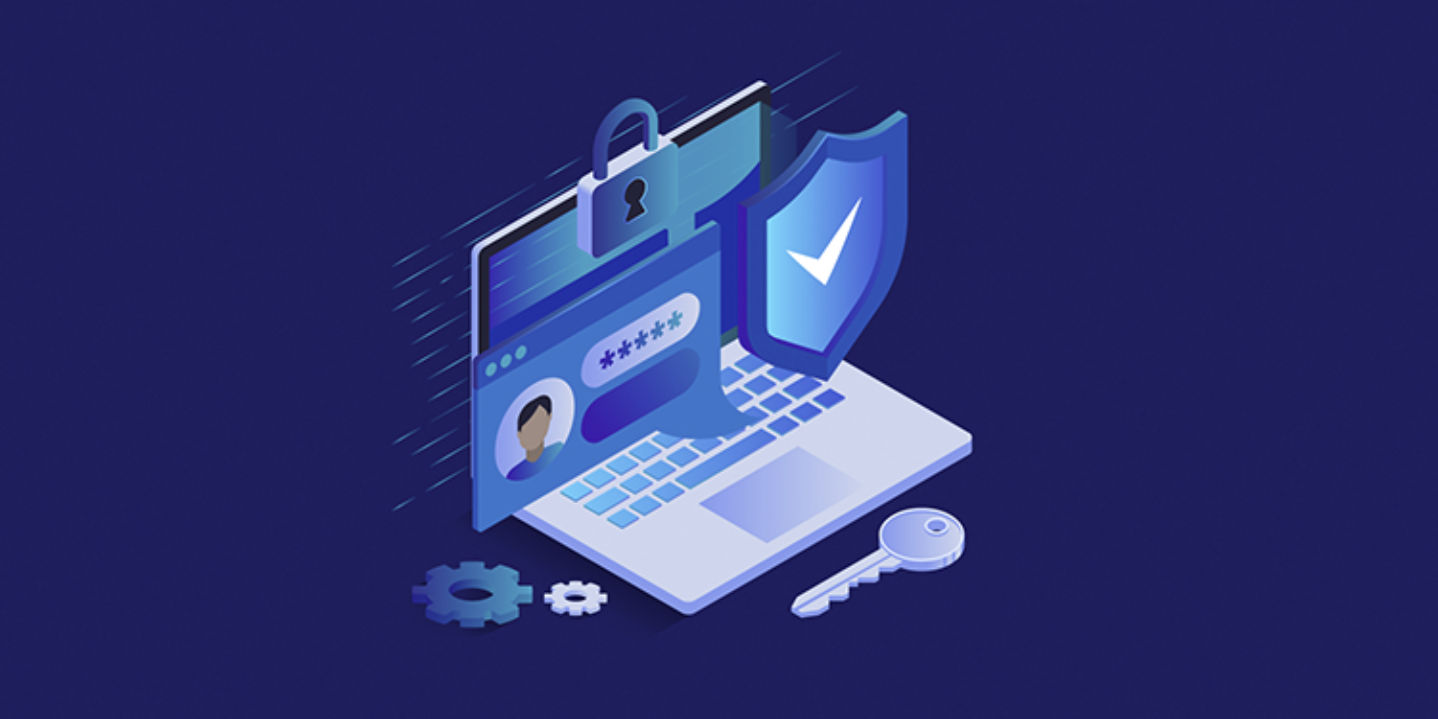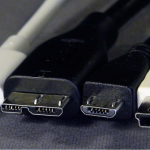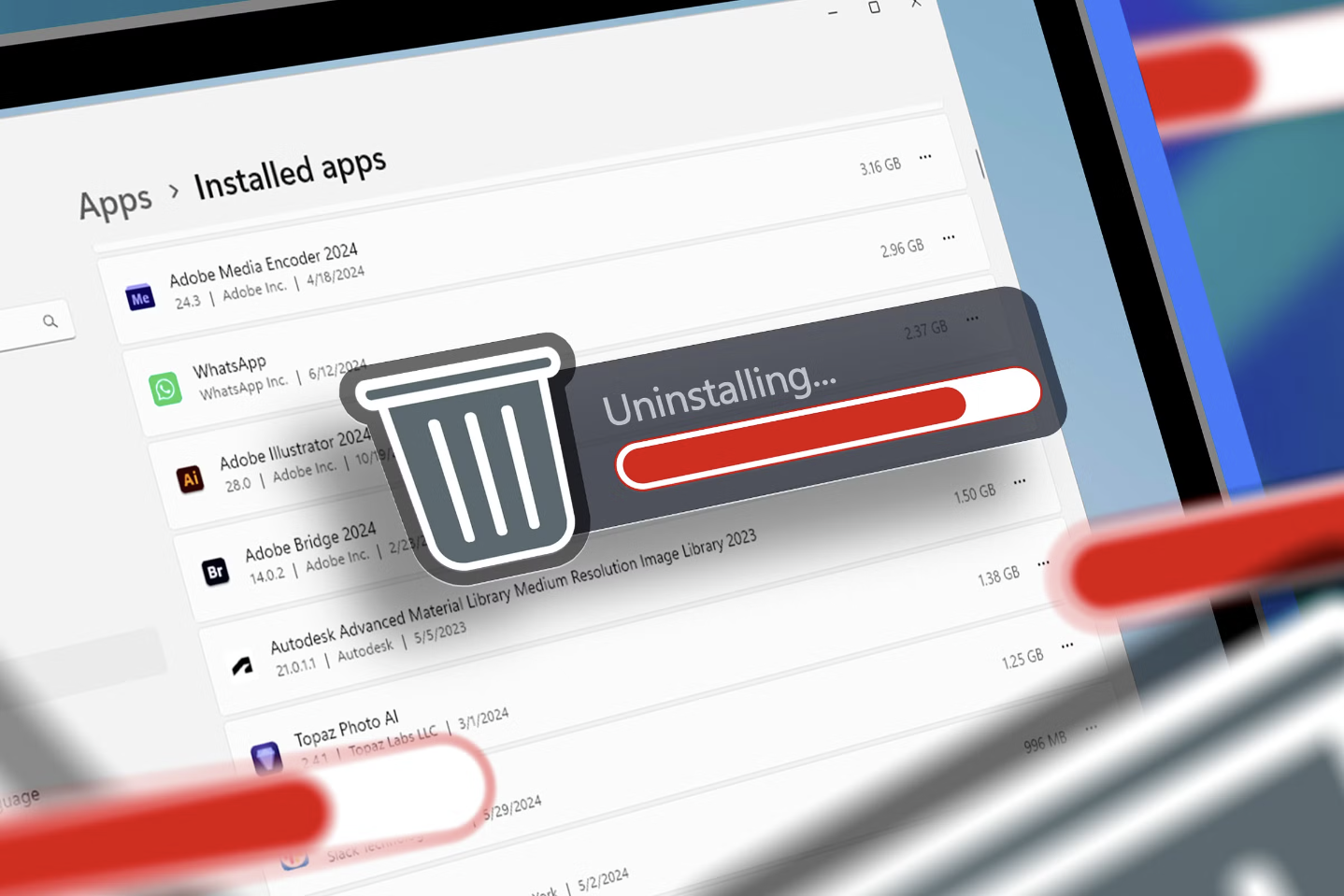
Potentially Unwanted Programs (PUPs) are like unwanted guests that sneak in with other software. They’re programs that come bundled with legitimate software but can cause problems once installed. While they function similarly to malware, the key difference is that users often install them willingly, sometimes without fully realizing what they’re agreeing to. Initially, the term “PUP” was used to describe software that, while not malicious, could still negatively affect your system. Not all PUPs cause major damage, but they can be annoying, slowing down your computer or generating unwanted pop-up ads. While they might not seem as harmful as malware, they can lead to security risks and overall system performance issues. If you’ve been targeted by one, it might be time to reach out to a trusted cybersecurity expert.
Some common types of PUPs include:
Spyware
Spyware is a type of PUP designed to secretly collect your personal information. It hides on your device and monitors your online activity, often stealing sensitive details like passwords, bank account information, or payment history.
Although PUPs don’t typically cause direct disruption like malware, they can still be dangerous. They often act as entry points for more harmful software, increasing the likelihood of data corruption and security breaches. Here are some common problems PUPs can cause:
- Unwanted applications may be installed, taking advantage of the fact that users often skip reading the pre-installation windows.
- Annoying advertisements pop up on your screen.
- PUPs can extract sensitive information like passwords or account details through data mining.
- Some PUPs exist solely to irritate users. They might not harm the system directly but bombard users with false alerts or unnecessary messages claiming that viruses are present.
How to Get Rid of PUPs
To remove PUPs, you can:
- Invest in a reliable anti-malware program that can detect and remove PUPs efficiently.
- Manually search for and remove the PUPs yourself, although this might require some technical knowledge.
Other Types of PUPs
Adware
Adware is a type of PUP that shows unwanted advertisements, either as pop-ups or by redirecting you to certain websites. While it doesn’t usually harm the device itself, it can be very annoying for the user.
Browser Hijacker
A browser hijacker is malicious software that changes your browser settings to display ads or force you to visit specific websites. These sites often trigger automatic malware downloads onto your device. If you need help securing your home computer, contacting a local expert might be a good idea.
In conclusion, while PUPs may not always cause immediate damage, they can lead to security risks, slower system performance, and a lot of frustration. Taking steps to prevent and remove them can save you from these headaches in the long run.


